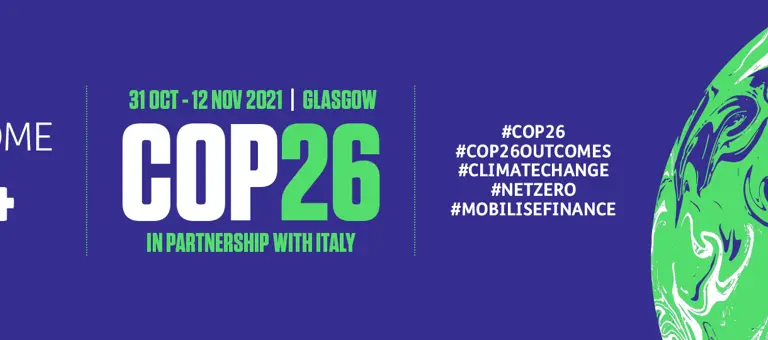The risks from climate change to both the economy and associated financial systems could result in material and wide-ranging impacts. Climate change is now widely recognized as a systemic risk to the stability of the financial system.
Financial institutions need to enhance their risk management capabilities and business strategies to capture the physical and transition risks and net-zero commitments. Pressure is building from:
- Governments – policies and net-zero commitments
- Regulators – regulations to ensure the health of the economy
- Investors & customers – demanding climate disclosures and sustainable financing
COP26 will help to highlight the amount of work required to achieve climate commitments as well as increasing the pace of transition across regions. This will increase the financial impacts and transition risks across the finance sector, highlighting the need for embedding climate risk into a firm’s risk framework. Below are Baringa’s 6 recommendations for embedding climate risk:
- Scope your climate risk management target state tightly
- Get specific about the opportunities to finance transition
- When embedding in credit, lead with “Why” and “What”, not “How”
- Don’t try to embed your net-zero targets through your risk framework
- Don’t rush to set climate risk appetite
- Include qualitative content in your climate risk MI
Baringa and BlackRock offer a market-leading Climate Change Scenario Model to help quantify your climate risk exposures – see more here.
Follow Baringa Partners on LinkedIn for more updates and thoughts on the run up to the COP26 conference and our observations and take-aways during the event itself.
More from the series
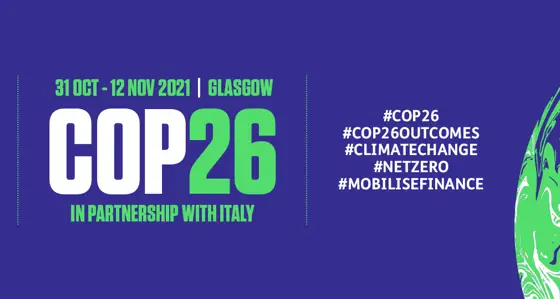
COP26 Outcomes #1: From strategy to action
COP26’s legacy will be seen in whether it has long-lasting impact on our journey to net zero. It must be a turning point where strategy becomes delivery.
Read more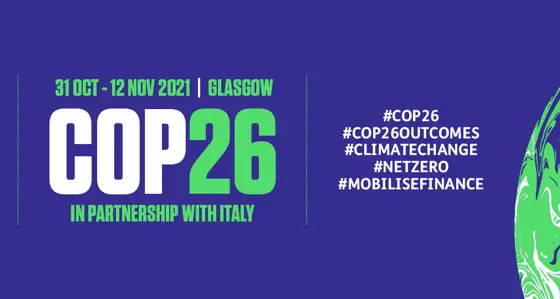
COP26 Outcomes #10: Post COP legacy
Glasgow’s legacy will be seen in how the conversation on our journey to net zero changes. Is this the point at which the major nations get serious?
Read more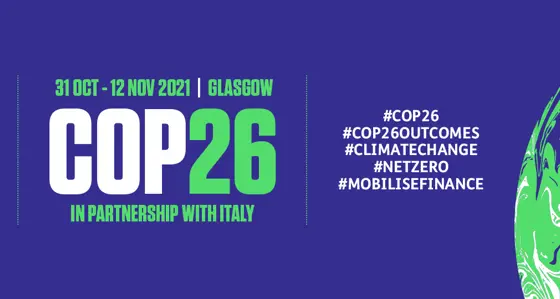
COP26 Outcomes #9: Unblocking investment
The scale and pace of investment needed over the next 30 years to meet net zero commitments will test conventional thinking on infrastructure investment
Read more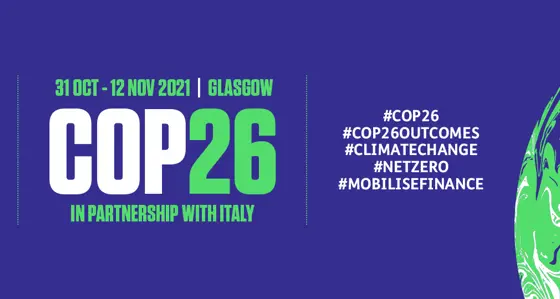
COP26 Outcomes #7: Global systems thinking
The low carbon energy systems of the future will become increasingly interconnected
Read more